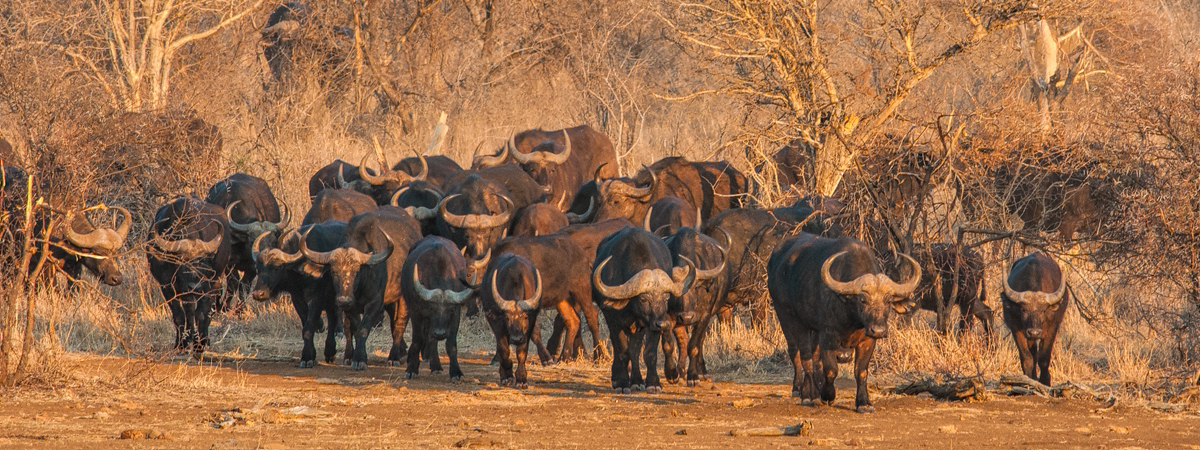Momentum is gathering in Kenya for some serious steps to combat poaching. In recent days both conservationists and local tour operators have backed calls for much tougher laws and penalties for those infringing them.
Kenya lost 74 elephants to poaching from January to March this year, according to Kenya Wildlife Services (KWS). In all of 2012, poachers killed 384 elephants, up from 289 in 2011. Added to that there has also been an increase in the number of rhinos being killed for their horns.
High prices for wildlife products on the black market are encouraging even more people to engage in poaching
Earlier this month, KWS announced it was mobilising an additional 1,000 park rangers to combat poaching and protect the country’s dwindling population of 35,000 elephants.
This is in keeping with a growing body of opinion that the only way to tackle the problem is to get tough.
Fines and prison sentences for convicted poachers are lenient under the current laws. As a result, even when KWS officers arrest ivory smugglers and big game poachers, lax penalties under the Wildlife (Conservation and Management) Act of 1976 do not provide sufficient deterrent to stop them simply going back and doing it again.
Sentences and fines provided for by the Act are now very low considering the current value of money. The largest fine for wildlife crime under the Act is 65,000 shillings ($775). Most offenders get away with fines as low as 2,000 shillings ($24).
Much stiffer penalties
Under the Wildlife Act of 1976, ivory smuggling and poaching are considered petty offences or misdemeanours. A strong argument is being put forward that, because these illicit activities are so lucrative, they should be treated as economic crimes, which carry much stiffer penalties.
A bill pending in parliament proposes that violators face fines of more than 50 million shillings ($596,000) and sentences of more than 20 years in prison.
KWS spokesman Paul Mbugua was recently quoted as saying; “We want wildlife crimes to be regarded as economic crimes just like corruption, fraud and bribery. Poachers are people stealing from the public, as wildlife is a national resource. They deserve to be dealt with just like the corrupt.”
Vital political support
The threat posed by poachers to the country’s wild elephant and rhinoceros herds has become part of the political platform of President Uhuru Kenyatta.
“Poaching and destruction of our environment has no future in this country,” he said during his inaugural speech April 9th. “The responsibility to protect our environment belongs not just to the government but to each and every one of us.”
Kenyatta’s words have given Kenya’s anti-poaching movement a huge lift as it has long been felt that obe of the key reasons why poaching has been going on unabated is because there was no commitment from top government officials to fight it. The hope is that this statement from the president signals a change in attitude.

